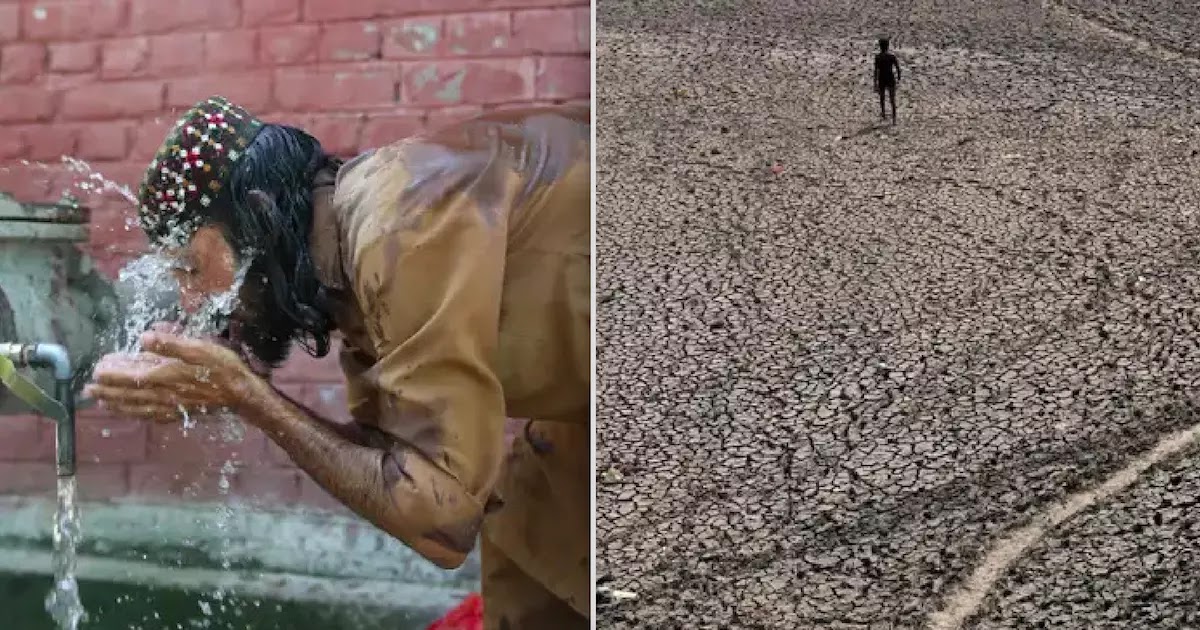
Pakistan and India are suffering the worst heatwave in a generation, a heatwave that has already led to numerous deaths and damaged critical infrastructure.
In the Pakistan region of Balochistan, temperatures have hit 50 degrees centigrade despite it only being May and the full force of summer is yet to hit, while in north-west and central India temperatures too have almost hit the 50 degrees mark.
In the Indian town of Bikaner, the temperatures reached 47.1C, which was the hottest place in the country, with surface land temperatures exceeding 60C.
The heatwave has already caused energy failures as the heat knocks out power lines and the pumping systems for the water supply to many towns and villages have also failed, alongside the beginnings of a drought. There are now clear signs that harvests will fail, which itself could lead to hunger and a huge economic blow. It is reported in some regions that as much as 50% of crops have already failed.
A Pakistani local in Balochistan said:
"Last week was insanely hot in Turbat. It did not feel like April. We are living in hell.”
While a local farmer added:
“This is the first time the weather has wreaked such havoc on our crops in this area. We don’t know what to do and there is no government help. The cultivation has decreased; now very few fruits grow. Farmers have lost billions because of this weather. We are suffering and we can’t afford it.”
Power shortages in India are at their worst in the last 60 years and power cut-offs for up to 8 hours have been reported. The shortage is in part due to failing infrastructure and as a result of huge demand for energy to fuel air-conditioning systems in homes and offices.
The result of the shortage has led to a huge demand for coal to fuel the power-plants and the cancellation of hundreds of train services to make way for coal transportation and deliveries.
The new freak temperatures are hardly rare in recent years. Last year, Pakistan recorded its hottest temperatures on record, while India suffered its worst heatwave in 122 years.
Experts have said that climate change is largely to blame for the heat which could pose a huge risk to the liveability of the Asian subcontinent in the years to come. Around 1.5 billion people live in India, Pakistan and Bangladesh, roughly 1 in 5 people currently living on Earth.
[Based on reporting by: The Guardian]












COMMENTS